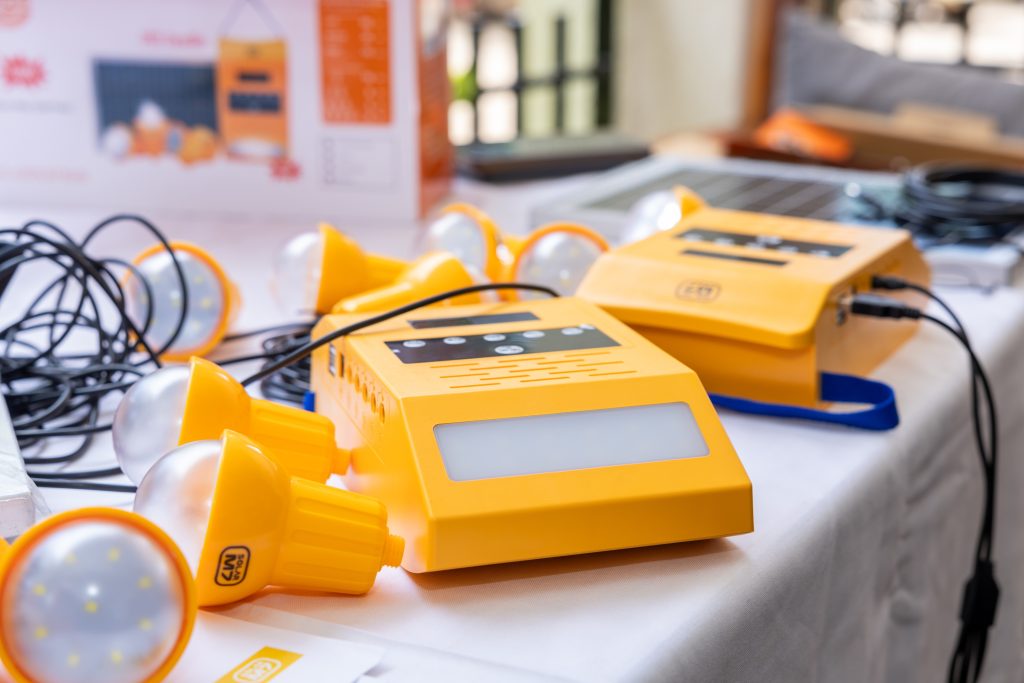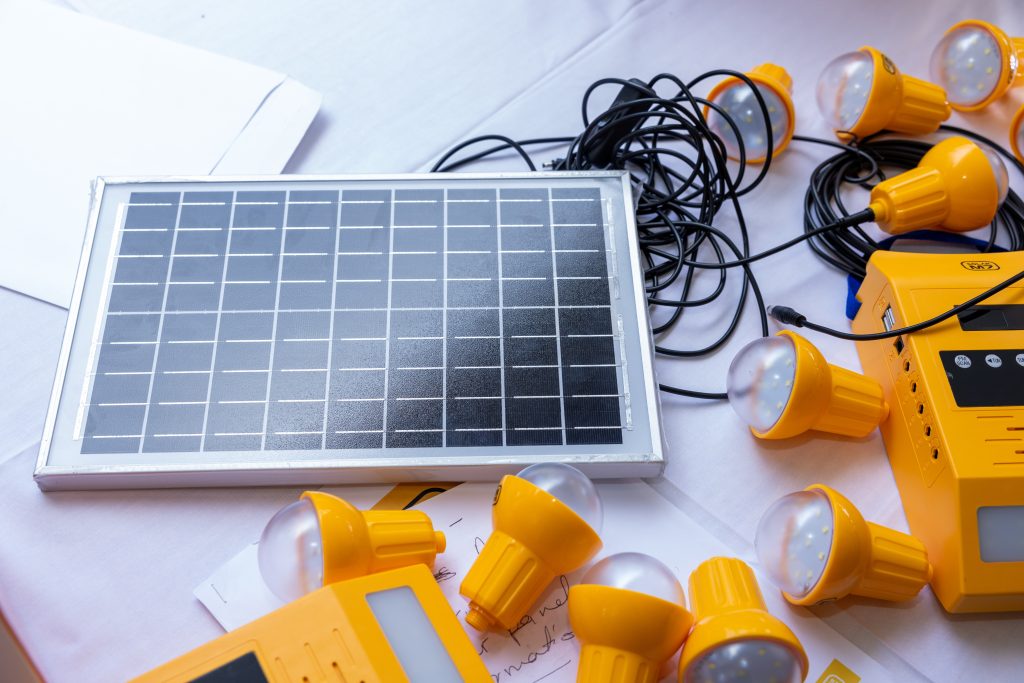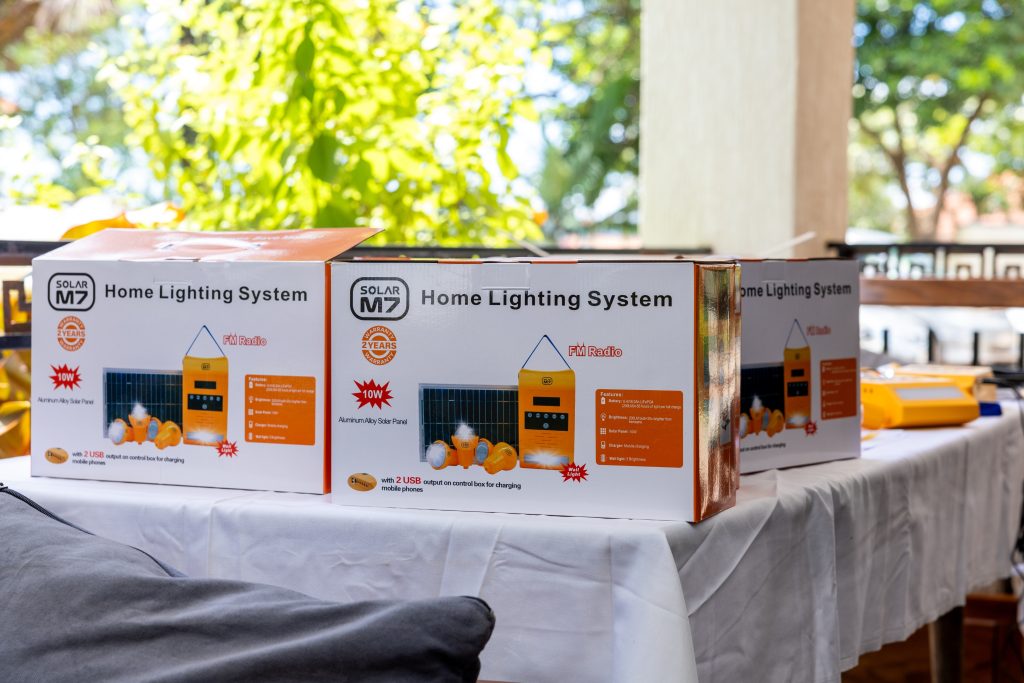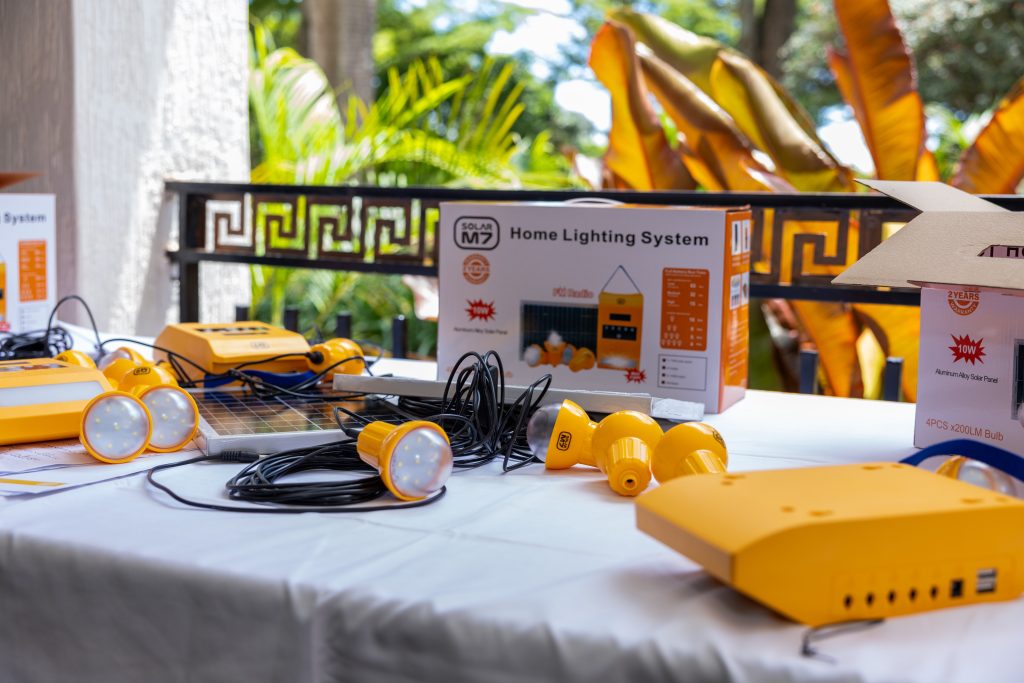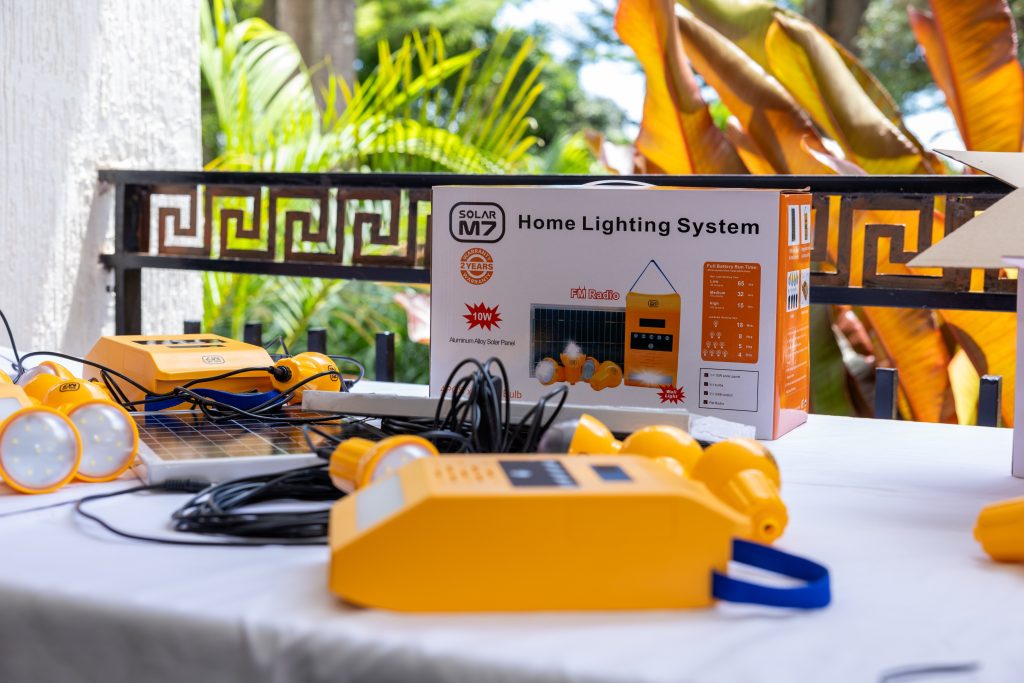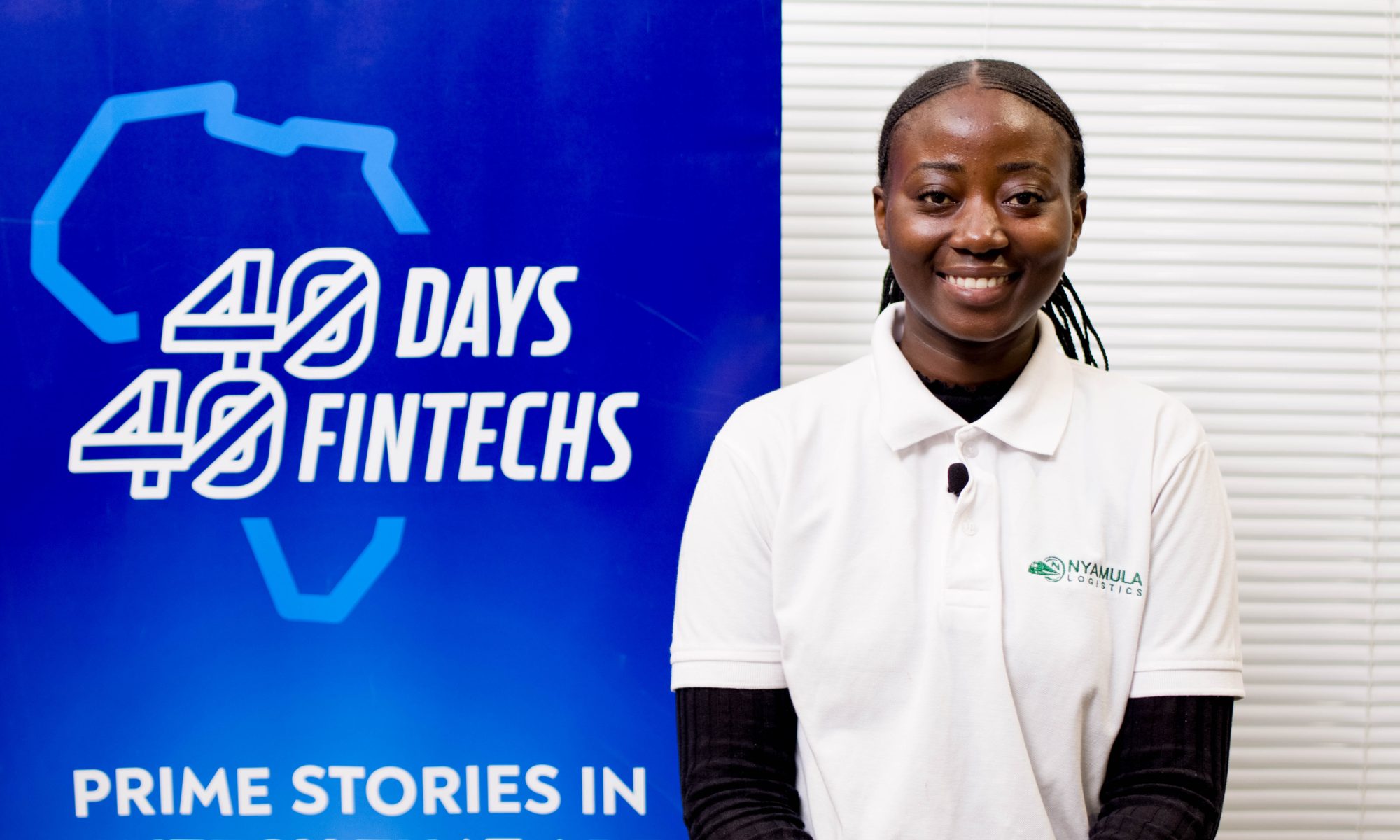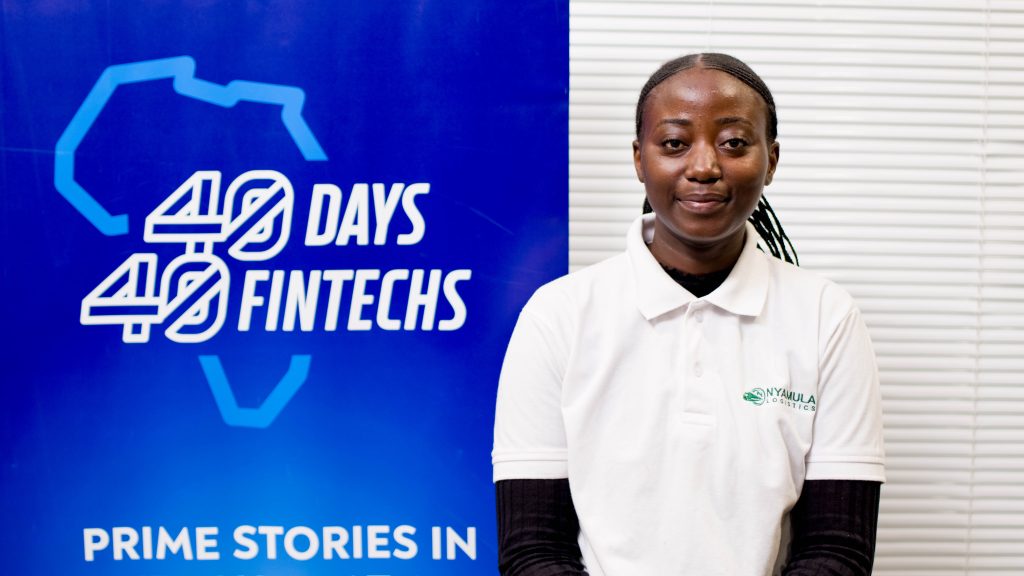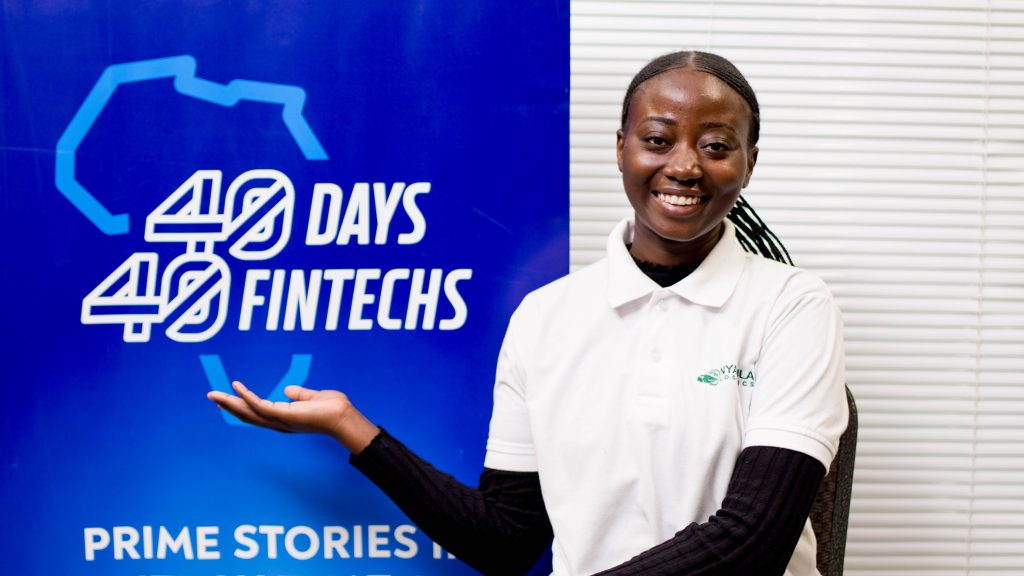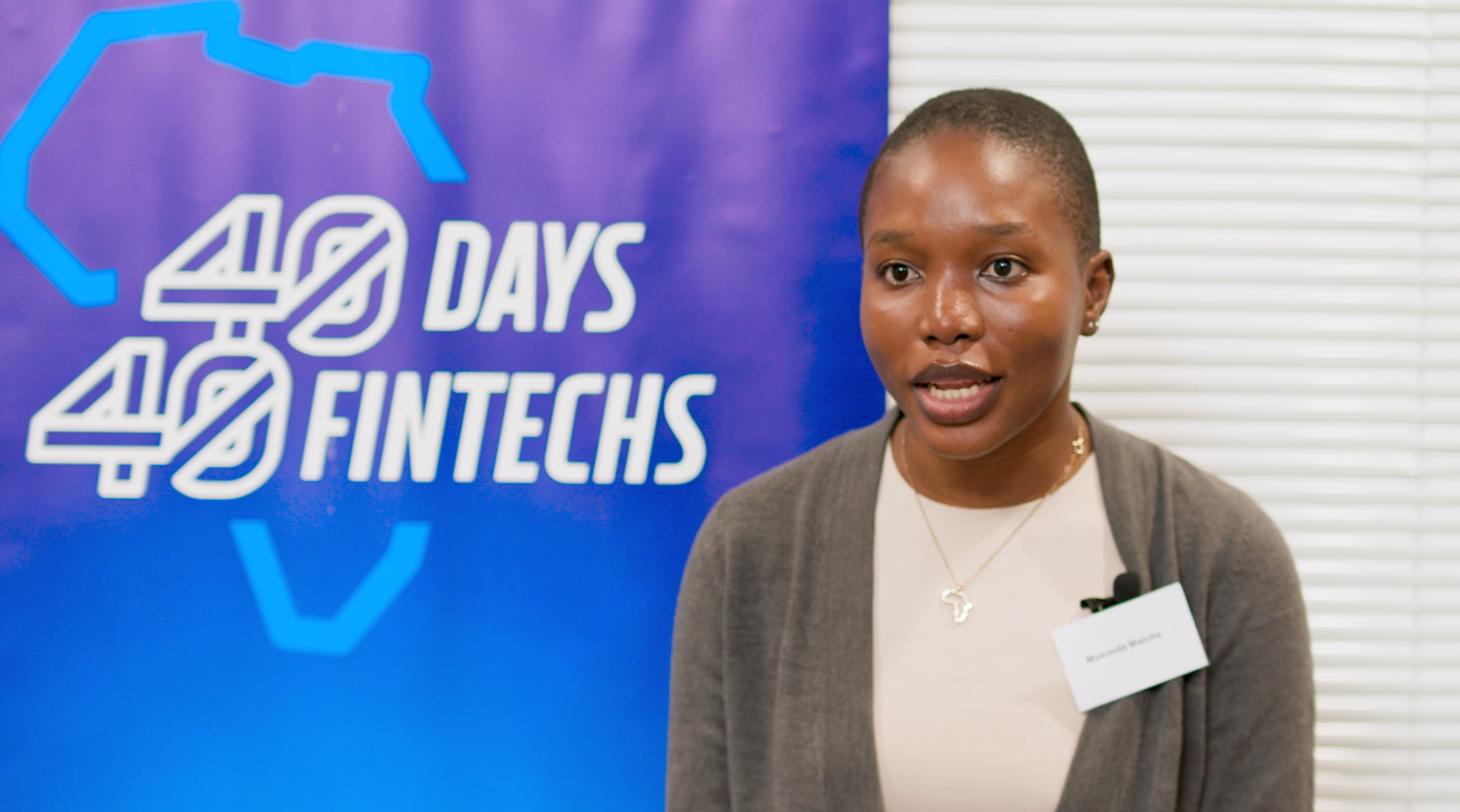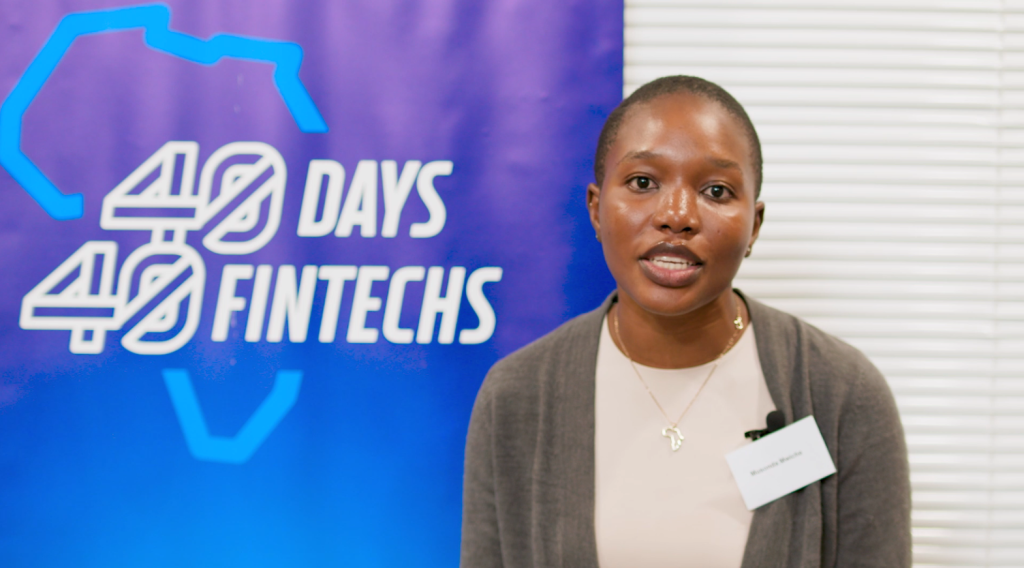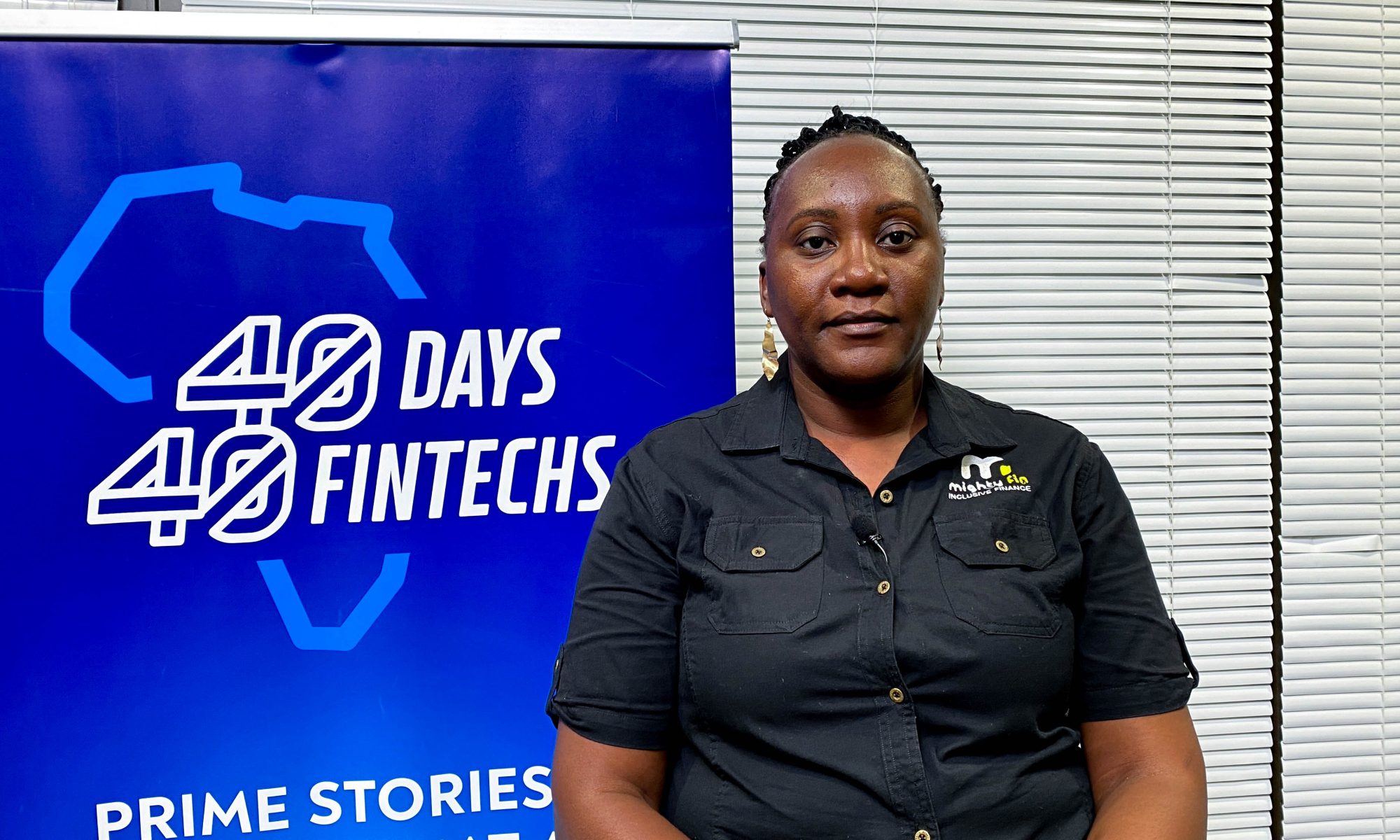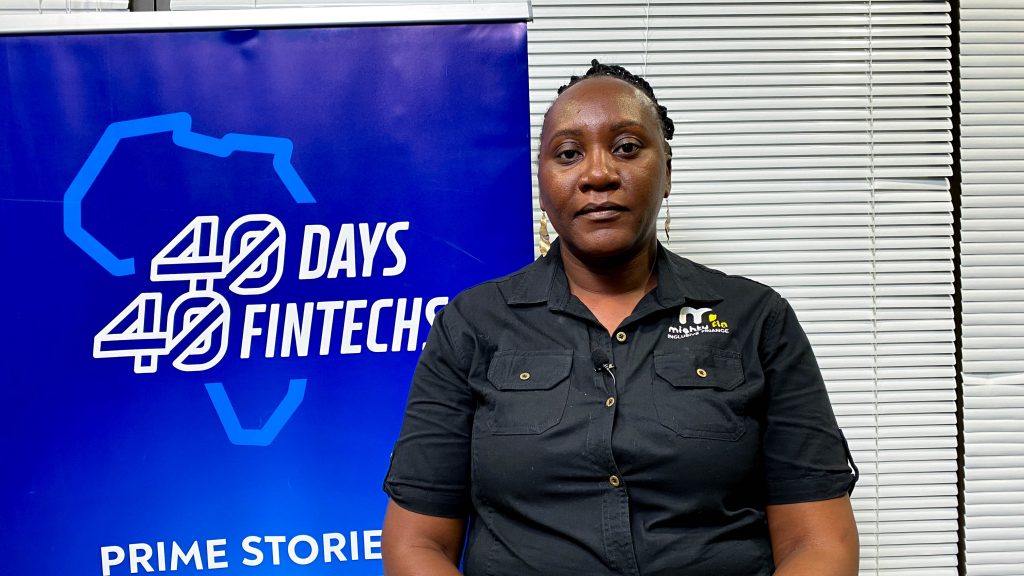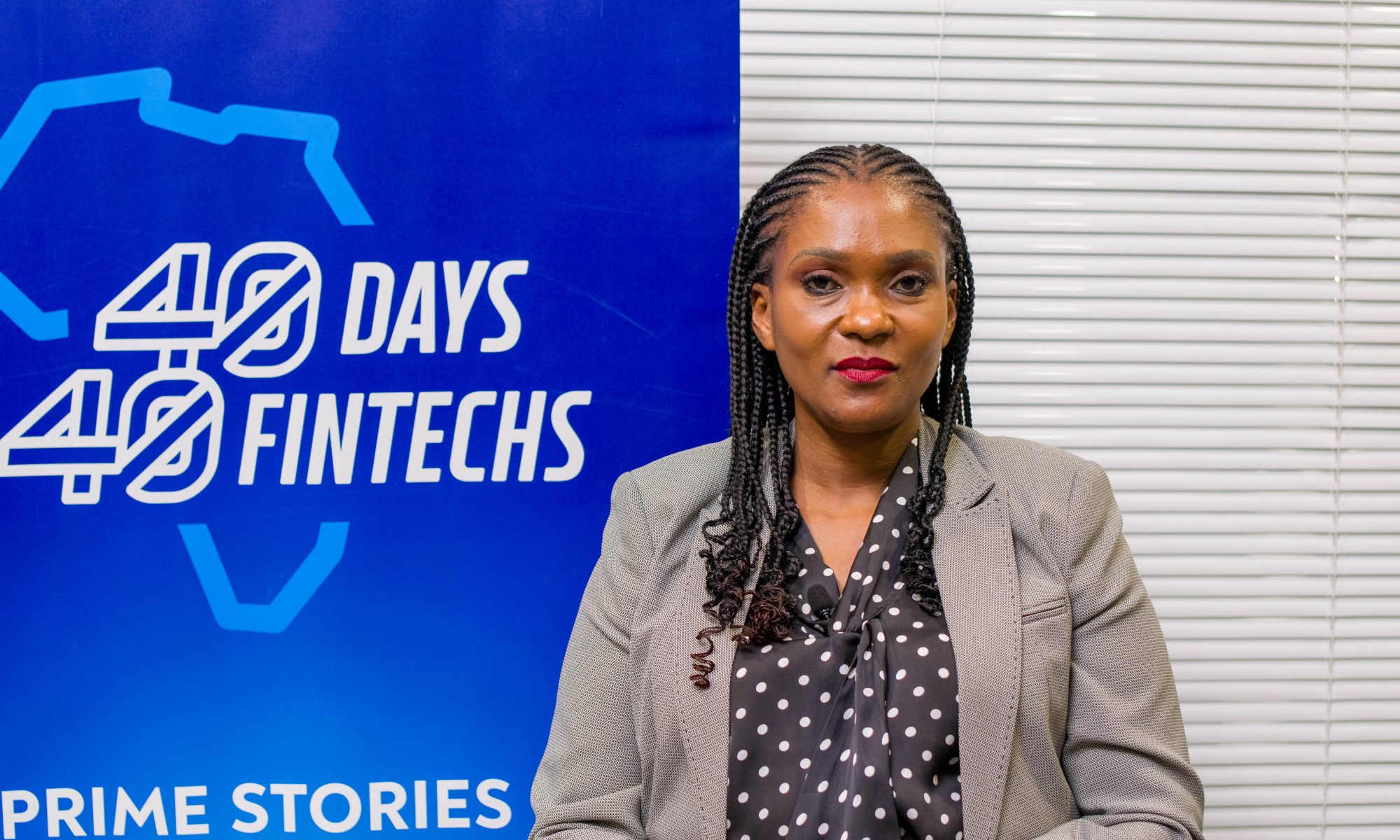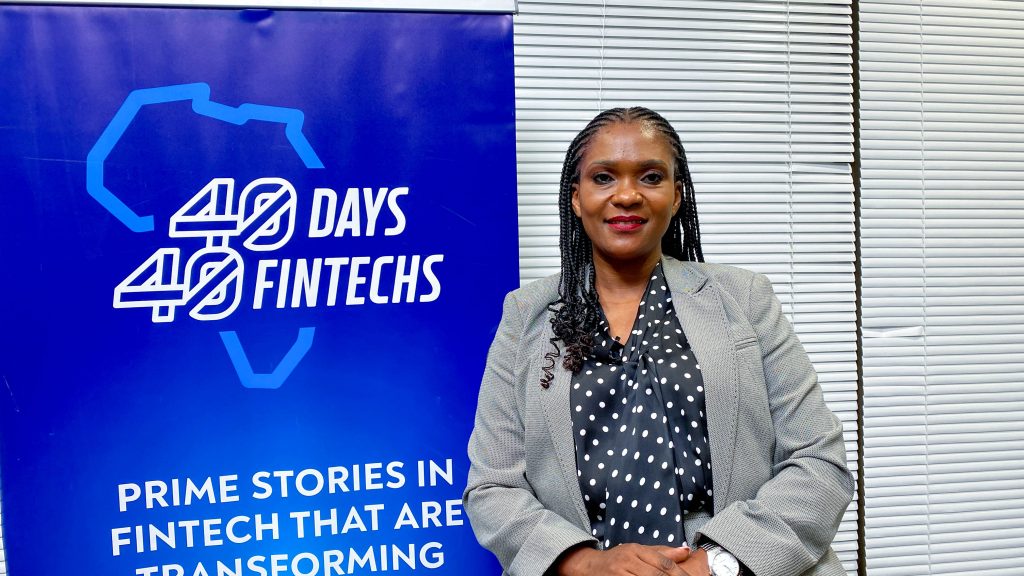ValueFin is supporting micro, small and medium sized businesses in Zambia to scale and reach higher heights through connecting them to ready markets, and providing patient credit.
This according to Mukuka Bwalya, a Co-Founder and Managing Partner of ValueFin Limited is part of their commitment to promote entrepreneurship and provide solutions to the social and economic challenges faced by communities at the bottom of the pyramid.
“At ValueFin, we work with low income entrepreneurs and provide three specific services. These are access to finance, market linkages and business formalization services,” Mukuka Bwalya, a Co-Founder and Managing Partner of ValueFin Limited said.
She added: “From a financial inclusion perspective, we use a web-based loan management system that allows us to gather specific customer data points especially in the informal sector where there is no real record system. The system we have in place allows to leverage AI analytics to make credit decisions about what our customers need but also mitigate risk by following the patterns and behaviors of our customers.”

Mukuka noted that the ValueFin loan management system in flexible and accessible on an entry level smart phone thus making it easy for field agents to capture data required in ‘our day to day credit decision making’.
“We strongly believe that there should be a balance between touch and tech and thus ensure that in every market we work in, we have a physical presence so that from a trust perspective our customers can reach us to assist them whenever there is any challenge.”
She noted that ValueFin onboards 80 per cent women, serves about 500 women every month in 13 market locations and disburses average loans sizes of about 1500 Kwacha per person.
Even with this encouraging growth, Mukuka noted that low digital literacy, and low smart devices penetration are delaying last mile financial inclusion.

“We are looking for opportunities for collaboration because we believe that with collaboration, you can achieve anything. We are also improving our system to create more impact. Beyond that, we have also noticed that our customers have a lot challenges around micro insurance when tragedy befalls them. We are looking for ways of partnering with strategic partners and providing a holistic service that captures services like micro insurance to our customers.”
ValueFin was featured on Day 25 of the 40 Days 40 FinTechs initiative; Zambia and Malawi edition. The roll-out of the 40 Days 40 FinTechs initiative in Zambia and Malawi followed its success in East Africa. Over the past 5 years, the 40 Days 40 FinTechs initiative has featured over 200 FinTech stories from Uganda, Tanzania, Kenya, and Rwanda. This initiative has also engaged hundreds of end-users and shared their stories with millions worldwide.
The primary objective of this initiative is to support and showcase innovative FinTech giants and start-ups from across Africa, with a focus on promoting financial inclusion and economic growth, in addition to giving start-ups access to the resources they need to develop new and innovative financial solutions that can benefit underserved populations. Such resources include but are not limited to Level One Project guidelines, Mojaloop Open Source Software and Inclusive Finance systems, etc.





